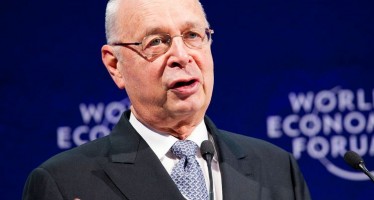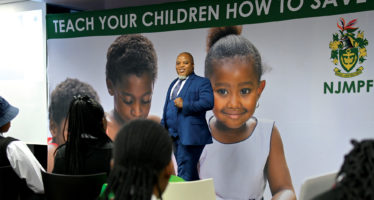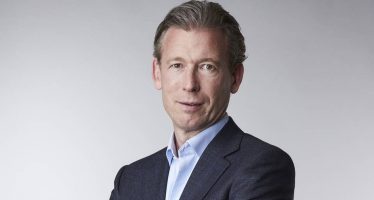World Bank Supports Increased Financing for Medium & Small Businesses in Nigeria

Central Bank of Nigeria
The World Bank’s Board of Executive Directors today approved a US$500 million International Bank for Reconstruction and Development (IBRD) credit to increase access to finance for medium and small scale enterprises (MSME) in agriculture, trade, light-manufacturing, and services. These will stimulate economic growth and create jobs.
The Development Finance Project will provide stable funding to support the growth of Nigeria’s MSMEs through the establishment of a Development Finance Institution (DFI). The DFI will provide funding to eligible financial intermediaries to lend to MSMEs. The DFI would also provide partial risk guarantees to participating Commercial banks and other financial institutions.
Limited access to private finance is a key obstacle to enterprise growth and entrepreneurship, particularly for young people, and it is a major obstacle faced by SMEs. Only 9.5% of Nigerian SMEs had a loan in the books or line of credit in 2011 and SME lending made up only 5% of total commercial bank lending.
”Women entrepreneurs in Nigeria are held back by knowledge gaps, limited access to markets, and challenges in some regions of Nigeria in regards to land ownership rights,” said Marie Francoise Marie-Nelly, World Bank Country Director for Nigeria. “Specific attention will also be paid to cater to supporting the needs of these business women in order to address this problem.”
”Women entrepreneurs in Nigeria are held back by knowledge gaps, limited access to markets, and challenges in some regions of Nigeria in regards to land ownership rights.”
– Marie Francoise Marie-Nelly, World Bank Country Director for Nigeria
The project is a joint effort between the World Bank, AfDB, KFW, AFD, and the United Kingdom’s Department for International Development (DFID). All financing will be provided by the respective donors in parallel through their own individual projects, which while complementary and coordinated will not require co-mingling of funds.
The project will be implemented by the Federal Ministry of Finance (FMOF) and would be for seven years.
“The DFI will be operationally and financially sustainable and would be subject to regulation and supervision by the CBN, which will enforce requirements similar to those applied to commercial banks, including strong prudential transparency and accountability standards”said Arnaud D. Dornel, Lead Financial Sector Specialist and Task Team Leader of the Project. Source
You may have an interest in also reading…
Europe Has Nothing to Fear but Fear Itself
By Klaus Schwab, Dec 14th 2012 The eurozone will not break up. The price of departure is simply too great
NJMPF: Empowering Financial Literacy & Exemplary Leadership
The KwaZulu-Natal Joint Municipal Pension / Provident Fund (NJMPF) has solidified its status as a leader in the retirement fund
The Fed vs the Communist Party
Recent quarters, months, and weeks have seen a remarkable clash between the goals of the US Federal Reserve and Chinese

















































































